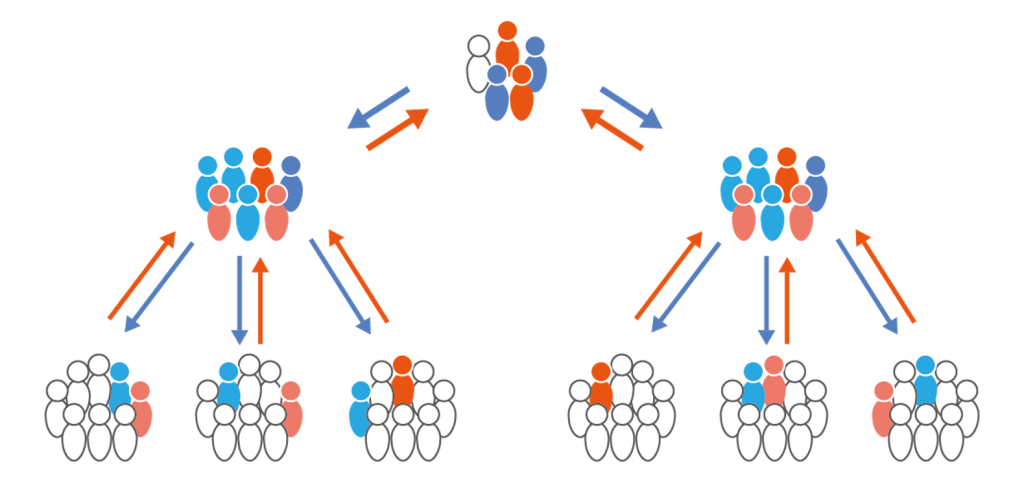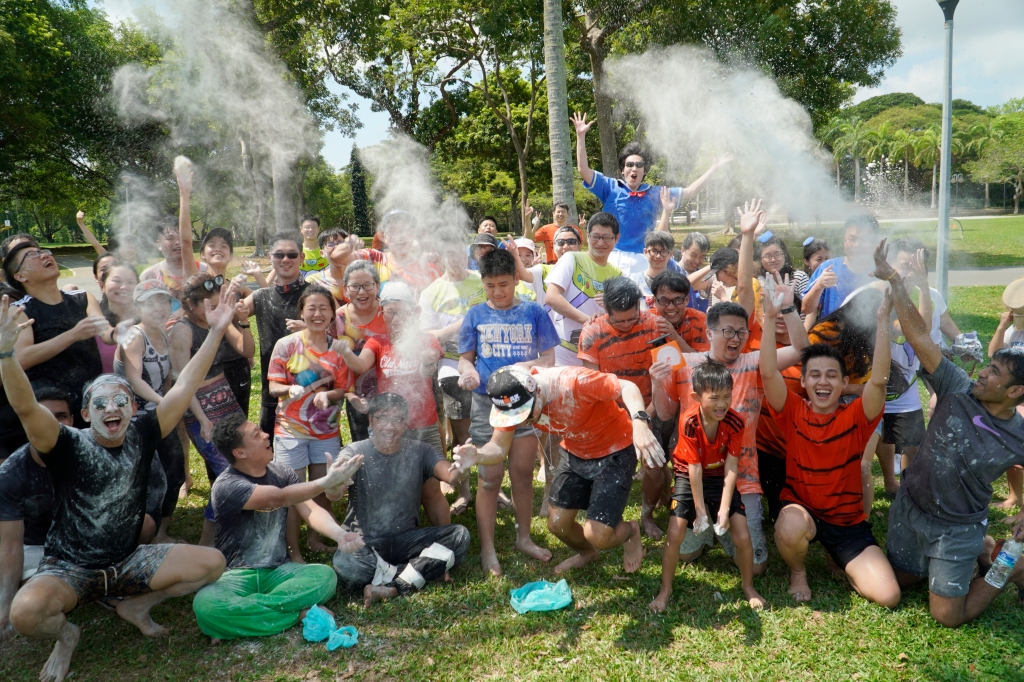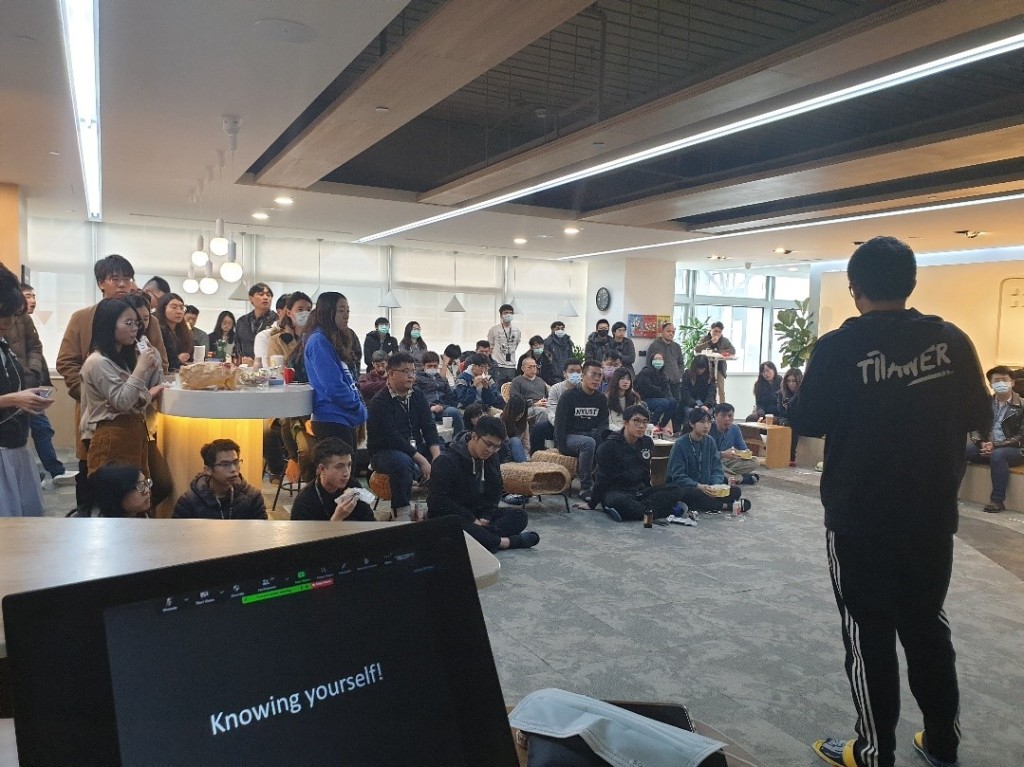Want to build a great team? Google has released Project Aristotle, a study to find out the key behaviours of highly effective teams. Researchers interviewed nearly 200 teams including engineering and sales teams, and came up with 5 main factors: psychological safety, dependability, structure and clarity, meaning, and impact.
The Google study shows that it is important for team members to have a work environment where they feel comfortable and are goal-oriented. If a team member wants to express their opinion, they are confident to speak up and ask questions without being affected by a negative atmosphere, or having to fear embarrassment, rejection or even punishment.
For the software and information industry, people are our greatest asset, and the business often depends on the creativity of employees and solid implementation of product backlogs. Therefore, it is important to focus on how to make employees “feel at ease” when it comes to managing them. After years of collecting feedback from Titaners and making iterative improvements, we have arrived at the following practices to allow Titaners a voice in our workplace.
- Town Hall Meeting Bringing It All Back To The People
Every six months, Titansoft holds a company-wide Management Meeting across branch offices, and a cross-department Product Meeting to align management’s goals with strategies for future product operations. After specific objectives have been sorted out, a Town Hall Meeting open to all Titaners will be held. During this meeting, the General Manager will personally share plans for the future with all Titaners including exact key performance indicators (KPIs) for products, adjustments to departments, and overall goals of the company for the rest of the year including steps of their implementation.
To circumvent language and distance constraints, Titansoft’s Town Hall Meeting is held twice, in English and Chinese with remote video conferencing tools to meet the needs of Titaners located across Singapore and Taiwan.
Why a Town Hall Meeting? When Titansoft first started out, there was only a small headcount functioning under a centralized management, where everyone reported to the General Manager on a monthly basis. As the organisation grew and the number of employees increased year on year, that way of reporting became outdated and inefficient. Upon re-examination of the company culture, the Town Hall Meeting was adopted which allows management to clearly communicate vision and goals to all Titaners, thus paving the way for an open and transparent management system.
Advantages of Town Hall Meetings
- Reduced Uncertainty
When an organisation sets its goals clearly, uncertainty is reduced for employees. When both employees and the organisation are in a state of certainty, employees will not be working in a state of worry or fear. This creates and enhances a sense of trust and motivation which in turn, leads the whole organisation towards stability and continuous growth.
- Smoother Workflow
With a strong understanding of vision and goals, employees are then able to review the work, product planning and next steps for each department. This results in smoother cross-departmental communication and collaboration.
- Surfacing Of Genuine Concerns By Employees
Through Town Hall Meetings, employees are able to surface any concerns they have about the company’s policies and decision making to the GM and management team. For the management, it is an opportunity to receive honest feedback and understand what even the most junior of employees are thinking. Of course, having employees with the courage to speak up and not be afraid to ask questions is dependent on the cultivation of an organisational culture which encourages mutual collaboration and is non-confrontational.
- Increased Employee Engagement
Employees are provided with open and transparent information, and have a sense of participation in the process. In the long run, this helps promote loyalty to the company as employees work hard together for team goals which they believe in.
- Full Participation Allows Employees Participation In Decision Making
Town Hall Meetings allow the surfacing of employees’ voices, but another problem arises: “how can we ensure that employees’ views are actually taken into consideration by management?” Let’s take a look at the Sociocracy method which has been implemented at Titansoft for many years.
The full participation system is based on circles which represent teams of people with the same goal. Imagine a company with many circles (teams or departments) functioning in parallel. When there is an internal meeting, each circle sends out two members with different roles to play: the Inlink and Outlink. The Inlink represents the view of the management and is usually appointed by the department head from within the team. This role champions the company’s perspective and considers the benefits and risks of decisions from the company’s point of view, while the Outlink is selected by team members themselves, and is responsible for bringing up the team’s perspectives in meetings. With this approach, a two-way flow of information (top-down and bottom-up) is achieved and employees have a channel to participate in decision making, which in turn drives the operation of the organisation.

When Titansoft first introduced the concept of full participation, employees were initially confused and wondered, “How can we be part of decision making if we simply elect a representative to participate in the meeting? How can we influence the outcome of the meeting?” In reality, the full-participation model allows participants to speak during every round and makes use of consent decision making, which means that emphasis is on “no objections” rather than “full agreement”. After trying out a few rounds of it, it was positively received by Titaners, who feel that “Meeting attendance can influence more than 80% of the department’s decisions. Especially since being chosen as the Outlink means that you are given the responsibility for voicing the team’s opinions.”
Advantages of a Full Participation Model
- Sharing the right to speak
A full-participation model emphasises that “everyone has the right to speak”, so each time after the moderator brings up an issue, everyone take turns and is given sufficient time to express their views, regardless of seniority. Voting is done based on consent, and everyone has to express an opinion and explain the reasoning behind their vote. This ensures that even junior employees are able to share their views from the front-lines.
Unlike a top-down decision where superiors have the final say, a majority decision where the minority defers to the majority, or a consensus decision where decisions are made based on a group consensus, consent-based decision making only requires that “no one objects”. Everyone takes turn to present their views and objections are used to revise the proposal repeatedly until it is accepted by all participants. It is arrived at with ample discussion and exchanging of ideas among participants, in order that they think with empathy and eventually work together to achieve a common goal.
- Increased ‘self-organisation’ and agility
In essence, full participation is dependent on having a self-organising team, a double-link consisting of Inlink and Outlink, and a consent-based decision making process. This approach is particularly suitable for Agile organisations with many self-organising teams, as it allows for deeper communication between teams and a more seamless operation of the organisation on the whole.

Titansoft’s teams have been running on an Agile mindset and structure for years, with emphasis on the importance of communication and dialogue, even introducing methodologies such as “Facilitation” and “Open Space Technology” to continuously strengthen communication within the organisation. With frequent conversations, problems can be surfaced and solved quickly, sparking a spirit of continuous integration which helps self-organising teams to become both independent and collaborative.
People are our greatest asset. Companies should not only encourage their employees to express their opinions, but also provide a channel for them to voice their opinions and build psychological security on an organisational level.
This is especially important as we enter the period of new normal, with remote working as the default. Have you ever wanted to work remotely from home, but were too apprehensive to bring it up to the management? Or are you worried about the impact of the epidemic on the company’s performance, wondering about revenue and layoffs? It is important for companies to create an environment of psychological security so employees can address their concerns and this in turn creates a corporate environment where everyone has a voice.

